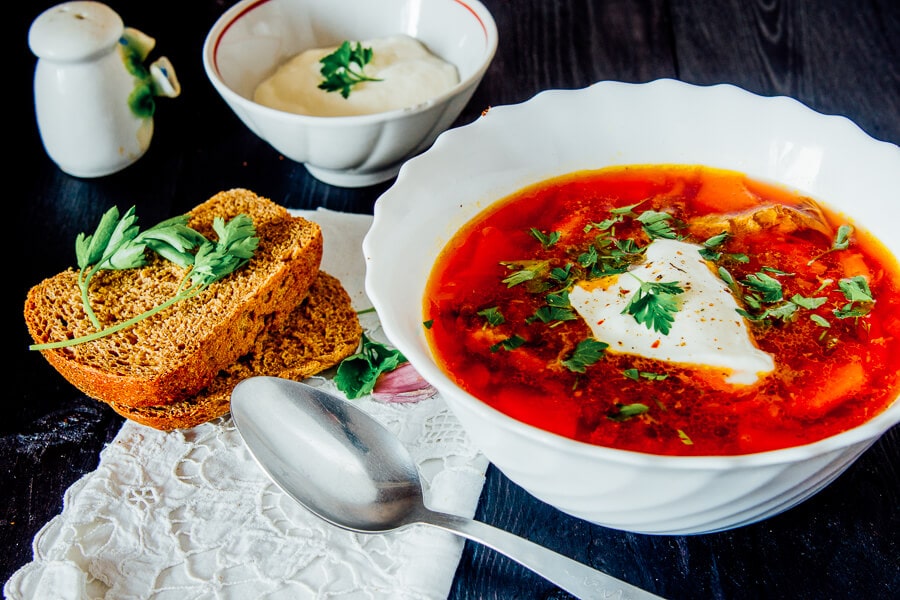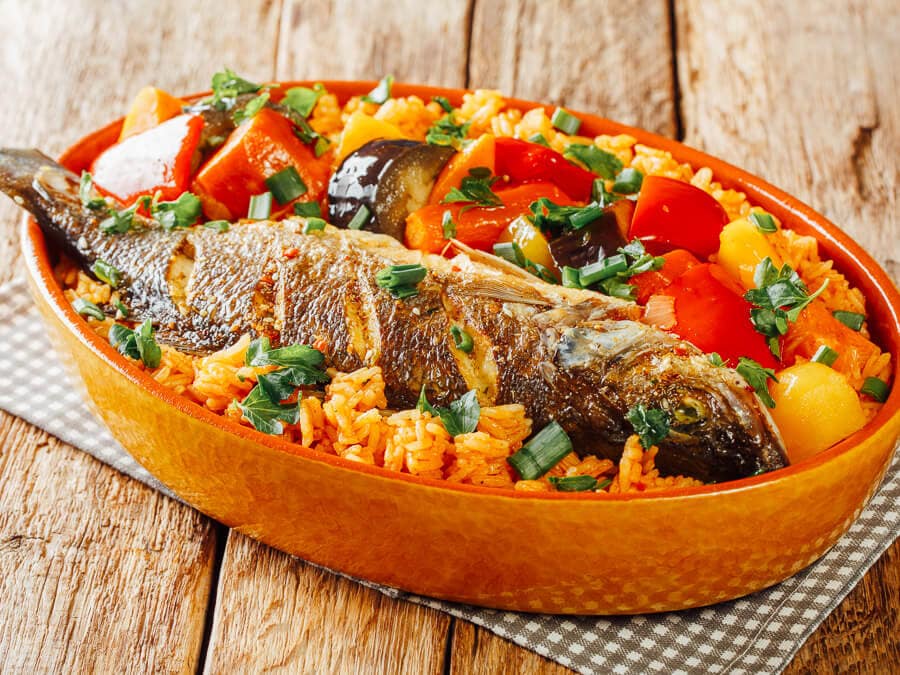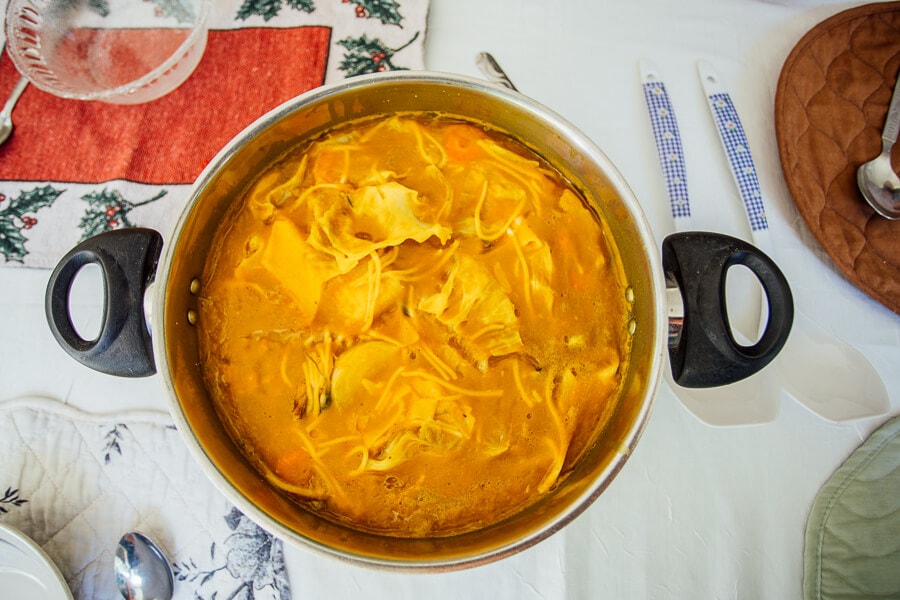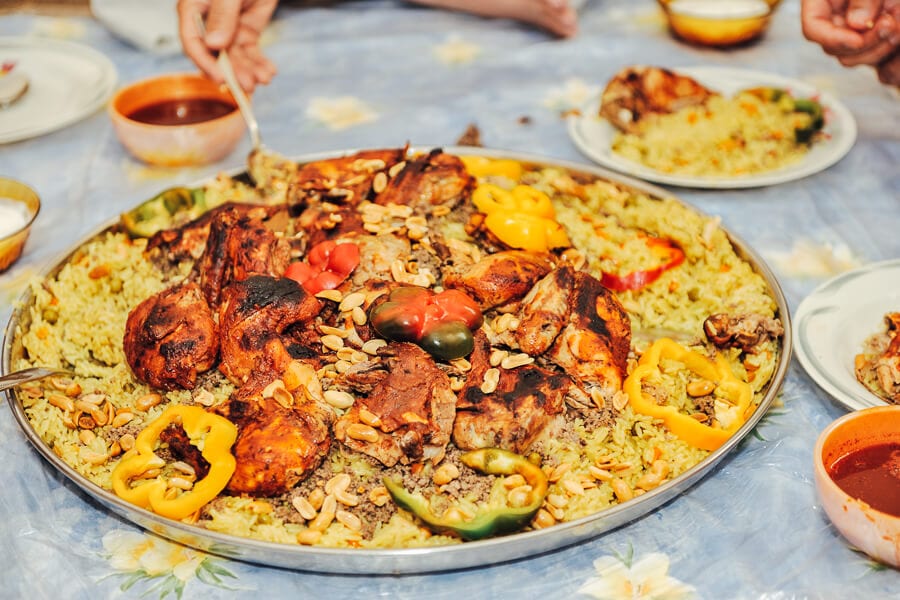Beyond the Plate: How Food Shapes Our Identity, Bonds Us Together, and Fuels the Economy
Food is an integral part of culture, with various dishes and flavors that represent the values, beliefs, and traditions of different people. Eating is not only a physical act but a social one as well. Every culture has a unique approach to food, from the ingredients used to the way it is served. Food is often used to bring people together, create bonds, and celebrate special occasions.
When it comes to food and culture, there is a deep-seated connection. For example, in some cultures, food is served as a symbol of hospitality and respect. In other cultures, certain dishes are eaten to honor a special occasion or holiday. In many cultures, traditional dishes are passed down from generation to generation, and they become part of the family’s legacy.

Food is also a reflection of a culture’s beliefs and values. For instance, in some cultures, food is seen as a way to honor the gods and express gratitude for their blessings. In other cultures, food is seen as a way to show respect for one another. And in some cultures, food is seen as a way to promote good health.
Food also plays an important role in the economy of a culture. For instance, in some cultures, food is used as a form of currency. It can be exchanged for goods and services, and used to help boost the economy. In some cultures, food is also a way to build relationships. It can be used to bring people together, form connections, and create lasting relationships.
Food and culture are deeply intertwined. Food is an important part of a culture’s identity, and it has the power to bring people together, honor special occasions, and promote good health. It is also a reflection of a culture’s beliefs and values. Food is a powerful tool that can be used to help build relationships and boost the economy.
UNESCO Recognized Culinary Traditions Around the World
UKRAINIAN BORSCHT

CEEBU JËN IN SENEGAL

JOUMOU SOUP IN HAITI

CEREMONIAL KEŞKEK IN TURKEY

AL-MANSAF IN JORDAN

NSIMA IN MALAWI

Discover more from DG Speaks
Subscribe to get the latest posts sent to your email.




2 Comments
Comments are closed.